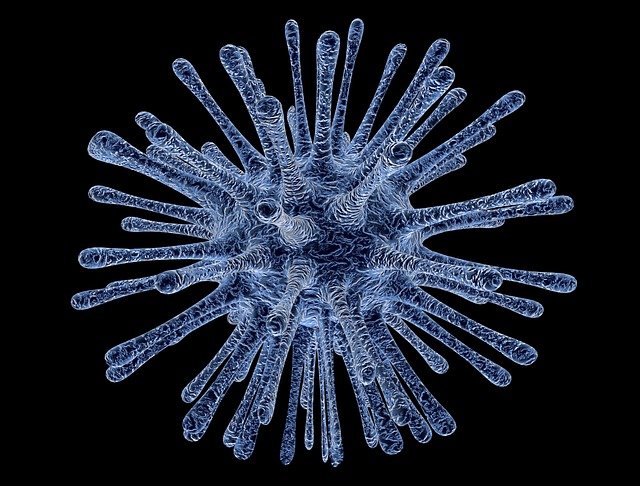
In a new study, researchers find that lowering the pH inside cancer cells to make it more acidic can slow down cancer growth and spread.
The study is conducted by Moffitt Cancer Center, the University of Maryland and the Institute for Research in Biomedicine Barcelona.
The finding may lead to new targeted treatment strategies
Cancer cells have the ability to adapt and change their metabolism in order to survive, grow and reproduce.
In the study, the research team examined data from previous biochemical assays and a database on the gene expression of cancer cells.
They developed a computational model that analyzes how variations in pH affect the activity of nearly 2,000 metabolic enzymes.
The researchers found that cancer cells proliferate more with an alkaline intracellular pH, making them more vulnerable under acidic pHi.
They also found the metabolic enzymes that have their highest activity under alkaline pHi during the development of cancer, which can now be used as possible therapeutic targets.
The researchers suggest that the alkaline pH of cancer cells is an evolutionary advantage.
If scientists can better understand how the metabolism works in different pH environments, we can determine the changes cancer cells make to survive and grow.
The study has already tested five of these potential targets using breast cancer cell lines and had positive results. It provides people with a promising new therapeutic strategy.
In the future, more research is needed in the pre-clinical trial setting.
The study was partially supported by a grant from the National Cancer Institute.
Mehdi Damaghi, Ph.D. is a co-first author on this study and a research scientist at Moffitt.
The research is published in Nature Communications.
Copyright © 2018 Knowridge Science Report. All rights reserved.
Source: Nature Communications.



